How Watering Deeply Encourages Deep Root Growth and Saves Water
Watering is one of the most important aspects of maintaining a healthy garden or lawn, but not all watering practices are equally effective. While it might seem tempting to water frequently with shallow applications, the most effective method for promoting plant health and conserving water is deep watering. Deep watering encourages the growth of deep roots, which benefits plants in multiple ways, including water efficiency and resilience to drought.
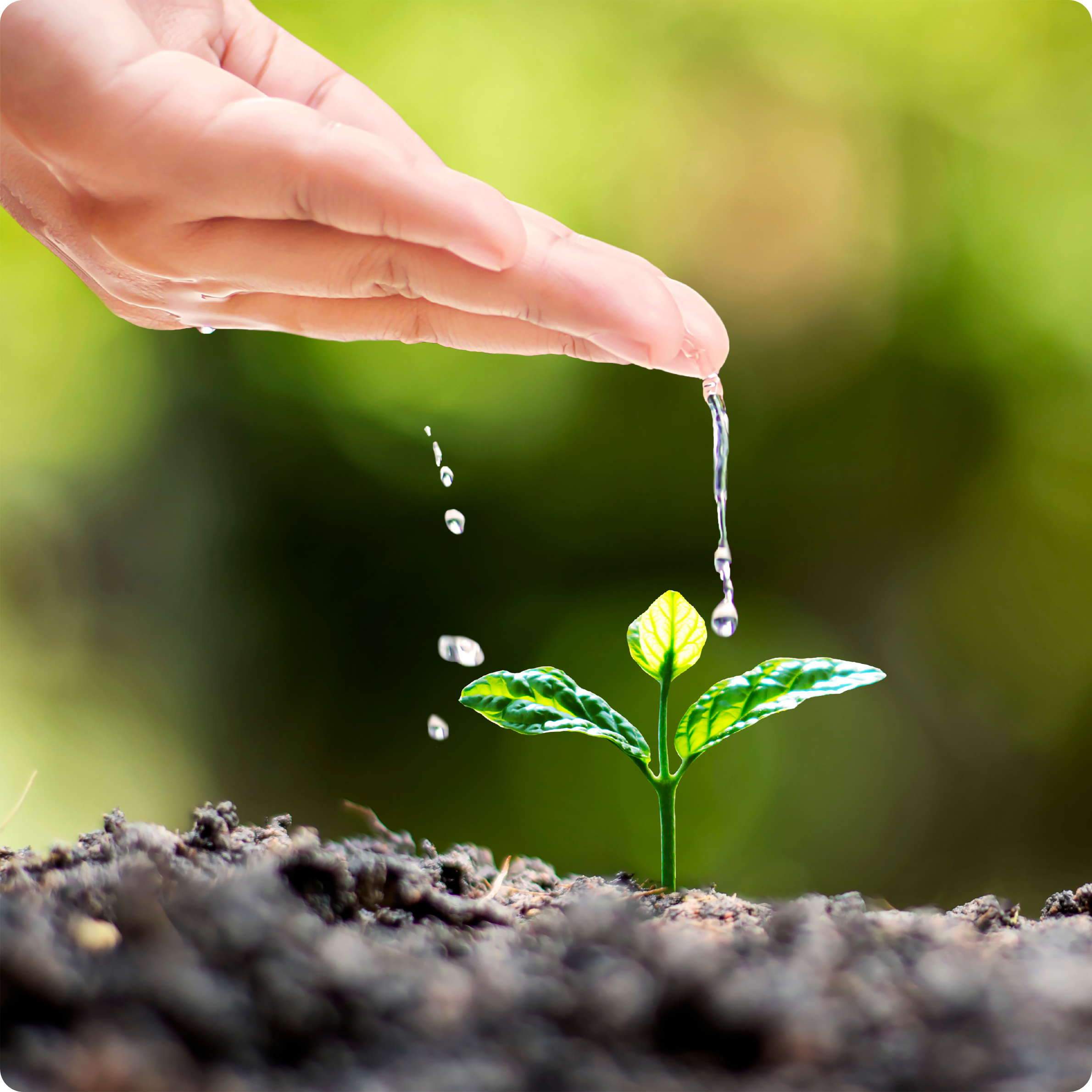
What is Deep Watering?
Deep watering is a method of irrigating plants that delivers water slowly and deeply into the soil. Unlike shallow watering, which wets only the top layer of soil, deep watering allows water to penetrate deeper into the ground. This ensures that water reaches the plant's root system at deeper levels, which can encourage the development of strong, deep roots.
The goal of deep watering is to saturate the soil to a depth where plant roots are most active—typically 6 to 12 inches for most plants, and up to 18 to 24 inches for deeper-rooted species like trees. This encourages roots to grow downward, where they have access to a larger volume of water and nutrients. Shallow watering, in contrast, often results in roots that stay near the surface, where they are more vulnerable to drying out and stress.
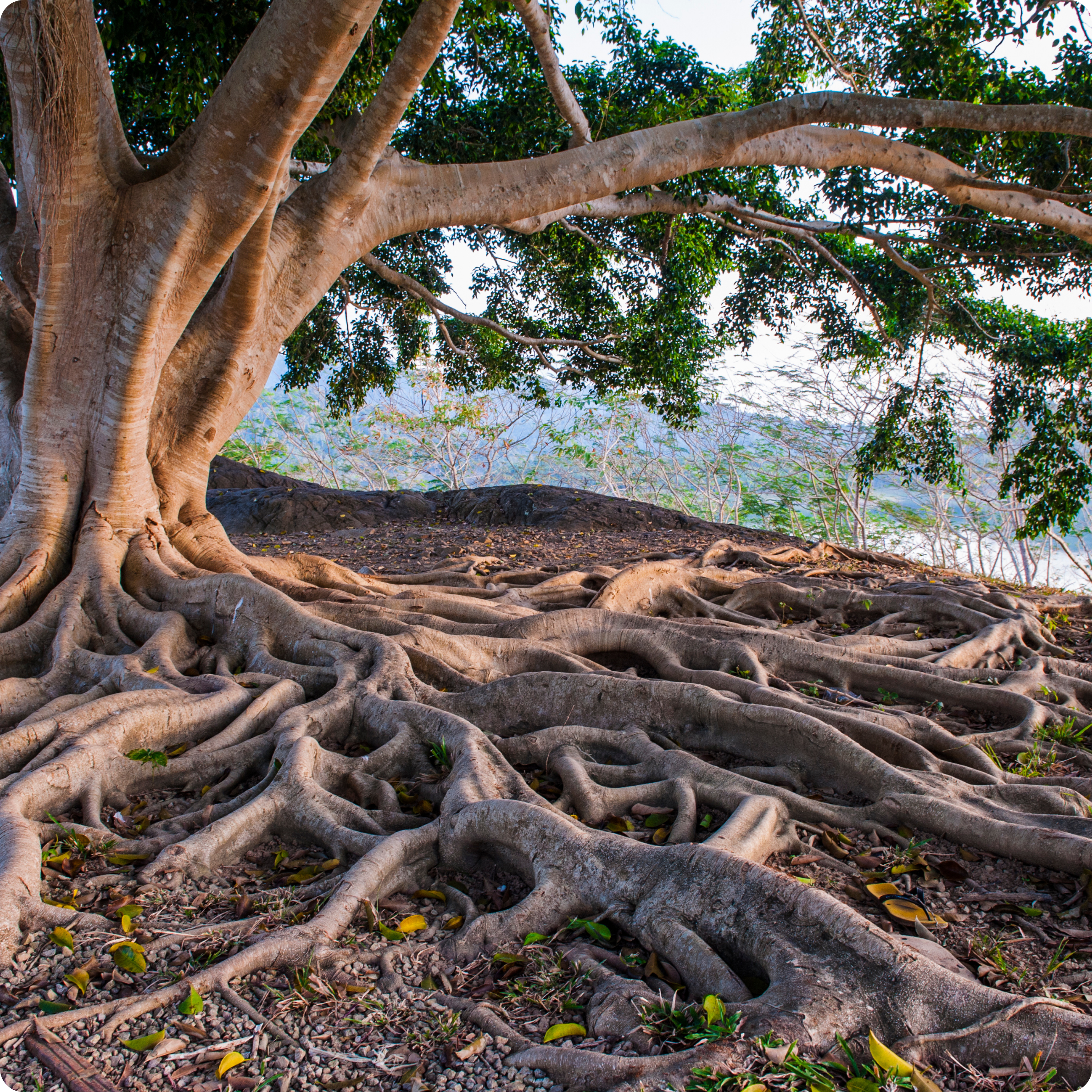
How Deep Watering Encourages Deep Root Growth
Roots Grow Toward Water
Plants have a natural tendency to grow their roots toward water sources. When you water deeply and slowly, the moisture penetrates the soil and encourages roots to grow downward to reach it. The deeper the water, the more incentive plants have to develop deeper roots that can access a larger water supply. Shallow watering, by contrast, keeps the roots near the surface, where water is often evaporated quickly, especially in hot and dry climates.
Roots Become More Resilient
Deep roots are naturally more resilient to drought and heat stress because they are better able to access water deep in the soil, where it remains even when surface water evaporates or is absorbed by nearby plants. Shallow roots are more likely to suffer during dry spells, as they only have access to moisture in the top layer of soil. By encouraging deep root growth, deep watering helps plants withstand periods of drought and extreme temperatures, making them more robust and less reliant on frequent watering.
Promotes Better Soil Structure
When you water deeply, water moves down into the soil and helps to break up compacted soil layers. Over time, this promotes a healthier soil structure with better aeration and drainage. Healthy soil allows plant roots to penetrate easily and encourages the growth of deeper root systems. Shallow watering, on the other hand, can lead to soil compaction and poor water infiltration, which discourages deep root development.
Strengthens Plants’ Anchor
Plants with deep, well-established root systems are better anchored in the soil, which makes them less likely to be uprooted by wind or heavy rain. This is particularly important for trees and shrubs that need a strong foundation to support their growth. With shallow watering, plants are more susceptible to uprooting because their roots are not as extensive and may not hold them in place as well.
The Benefits of Deep Watering for Different Types of Landscaping
Lawns
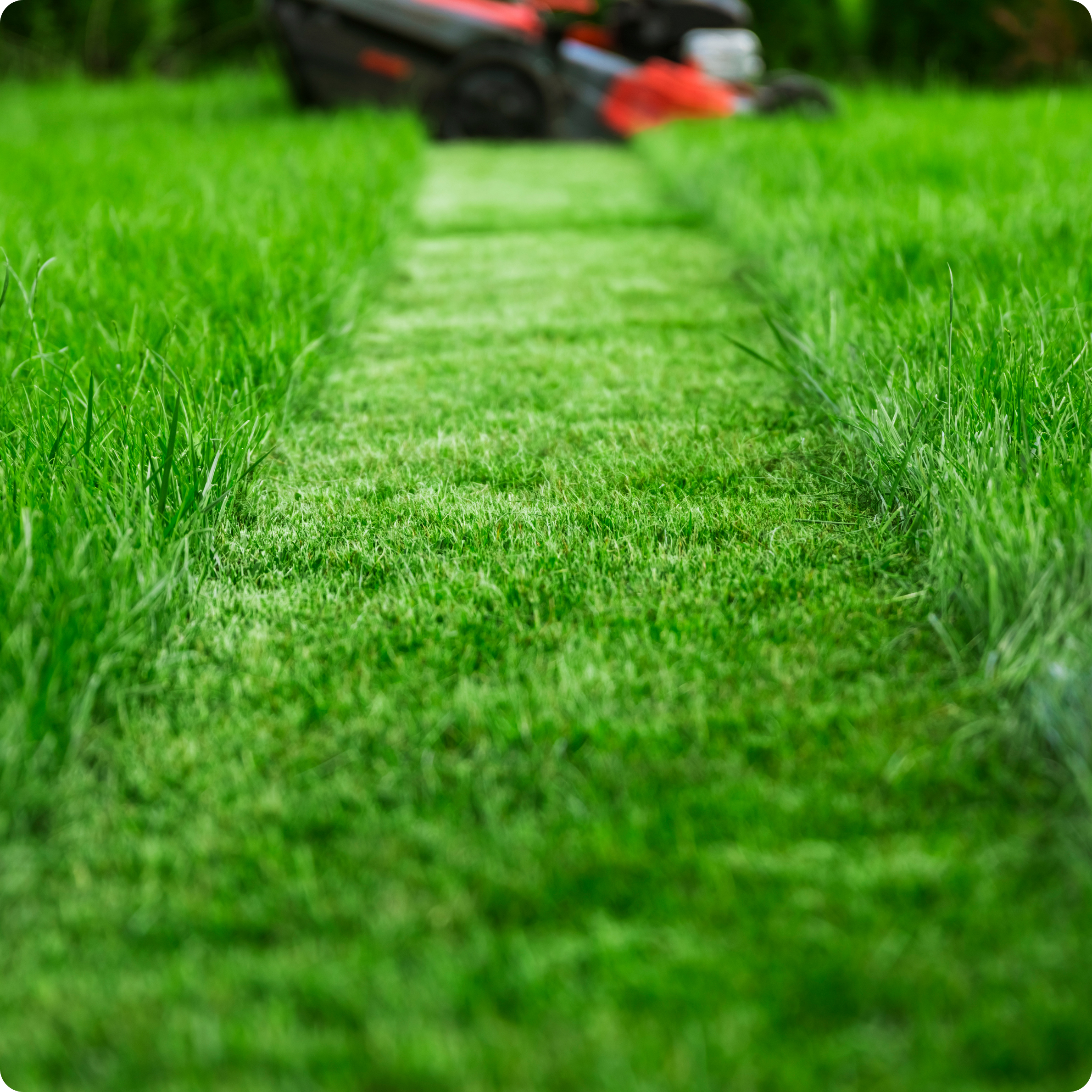 | Deep watering can significantly improve the health and appearance of your lawn. By watering deeply, the roots of the grass grow deep into the soil, making the lawn more drought-resistant and less likely to suffer from brown patches or wilting. Grass with deep roots can go longer without water, making it a more sustainable option for homeowners looking to conserve water.
|
Trees and Shrubs
Trees and shrubs, especially those that are newly planted, greatly benefit from deep watering. Deep watering encourages deep root growth that helps these plants establish themselves quickly. Trees, in particular, need a deep root system to thrive, as their roots can spread wide and deep in search of water and nutrients. Providing deep, consistent watering early in their growth stages promotes stronger, more resilient trees and shrubs that require less water as they mature.
|  |
Vegetable Gardens
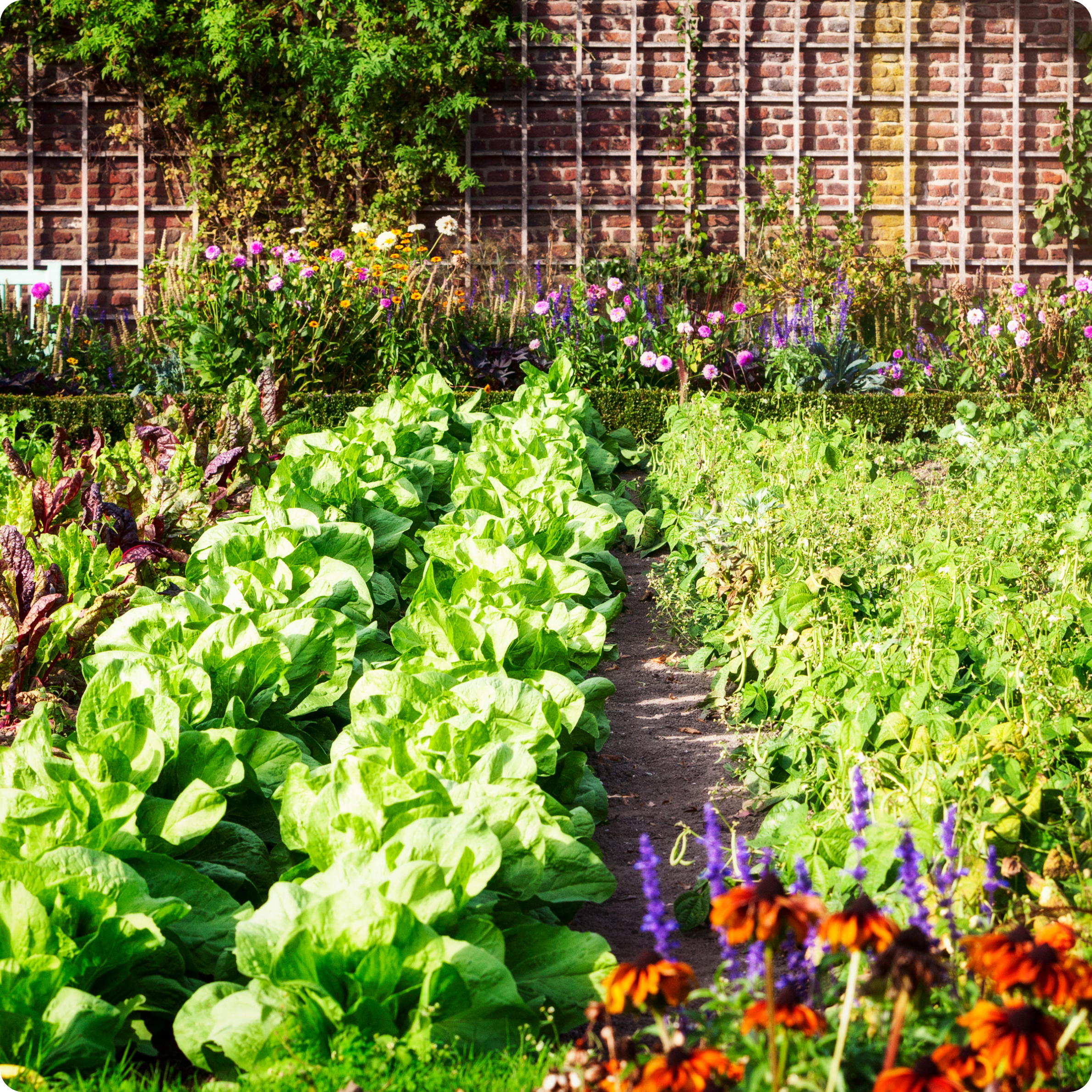 |
For vegetable gardens, deep watering is crucial to avoid shallow, weak root systems that can result in stunted growth. Plants like tomatoes, peppers, and cucumbers benefit from deep watering, as it ensures their roots grow deeply and are well-supported. Deep watering also ensures that moisture reaches the root zone where nutrients are most accessible to the plants, promoting healthier yields.
|
How Deep Watering Helps Save Water
Reduces Water Waste
One of the most significant benefits of deep watering is that it helps conserve water. Shallow watering encourages runoff, as water often fails to penetrate the soil before it evaporates or runs off the surface. In contrast, deep watering allows water to soak in deeply and more effectively, reducing waste. When roots are watered deeply, the soil around them retains moisture for longer periods, which means you can water less frequently, ultimately saving water over time.
Water More Efficiently
When plants are watered deeply, the soil around the root zone becomes thoroughly saturated, which means the water is available to the plant for a longer period. Deep watering encourages the plant roots to take advantage of this moisture, leading to better water efficiency. Shallow watering, however, doesn’t provide the same level of moisture retention, so you may need to water more often to maintain healthy plants.
Encourages Healthy Soil and Water Retention
Watering deeply not only encourages deep root growth but also helps improve the soil's ability to retain water. Healthy soil with well-developed organic matter and structure can hold more moisture, reducing the need for frequent watering. Over time, deep watering encourages the development of better soil structure, which helps retain moisture more effectively. Shallow watering, however, can lead to soil degradation, making it harder for soil to retain moisture, which can increase water usage in the long run.
Less Frequent Watering
Since deeply watered plants develop deeper root systems, they become more drought-tolerant and need less frequent watering. When you water deeply, the soil retains moisture longer, reducing the need to water every day or every other day. For example, while shallow watering may require you to water every 1-2 days, deep watering may only require once or twice a week, depending on the weather and soil conditions. This not only saves water but also reduces the time and effort spent on maintaining your landscape.
Tips for Deep Watering
Use a Soaker Hose or Drip Irrigation
Soaker hoses or drip irrigation systems are ideal tools for deep watering, as they allow water to be delivered slowly and evenly to the root zone. These systems minimize water loss through evaporation and runoff, ensuring that moisture reaches the roots where it is needed most.
| 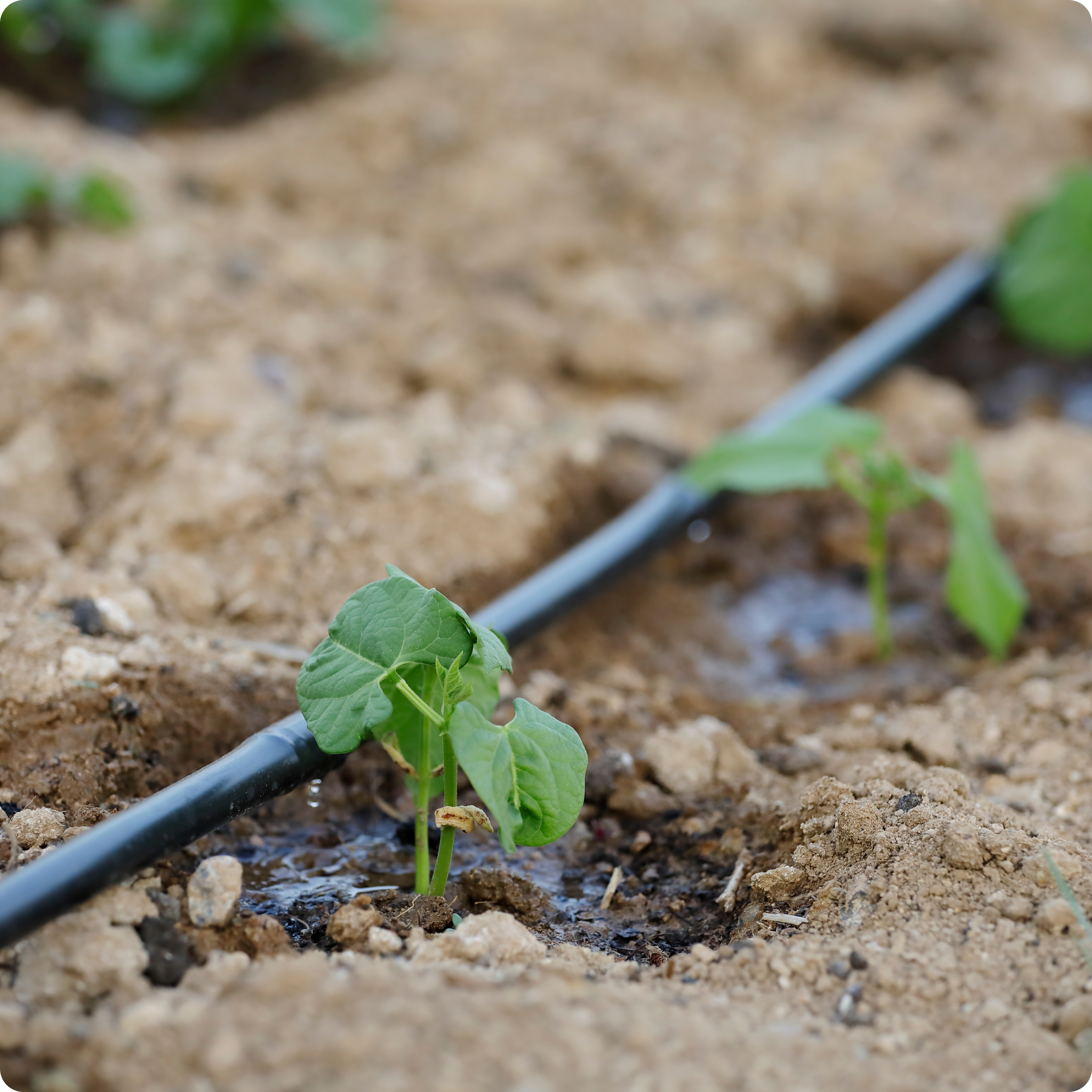 |
Water Slowly and Deeply
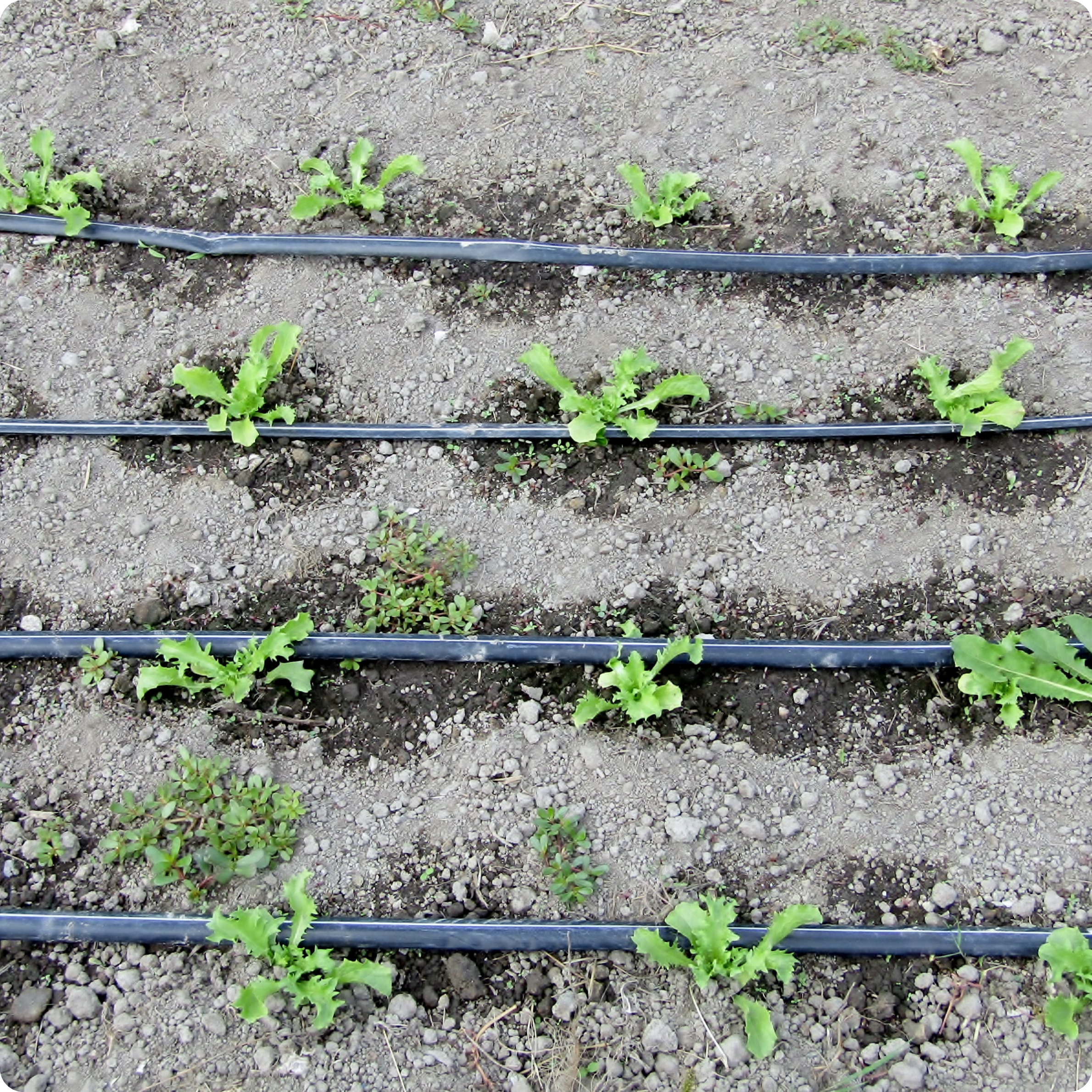 | When hand-watering, take your time to water deeply. Allow the water to soak into the soil rather than running off the surface. This may take 30 minutes or more, depending on the size of the area and the soil type.
|
Mulch to Retain Moisture
Apply a layer of mulch around plants to help retain moisture in the soil. Mulch slows down evaporation and helps keep the soil temperature stable, which makes deep watering even more effective.
| 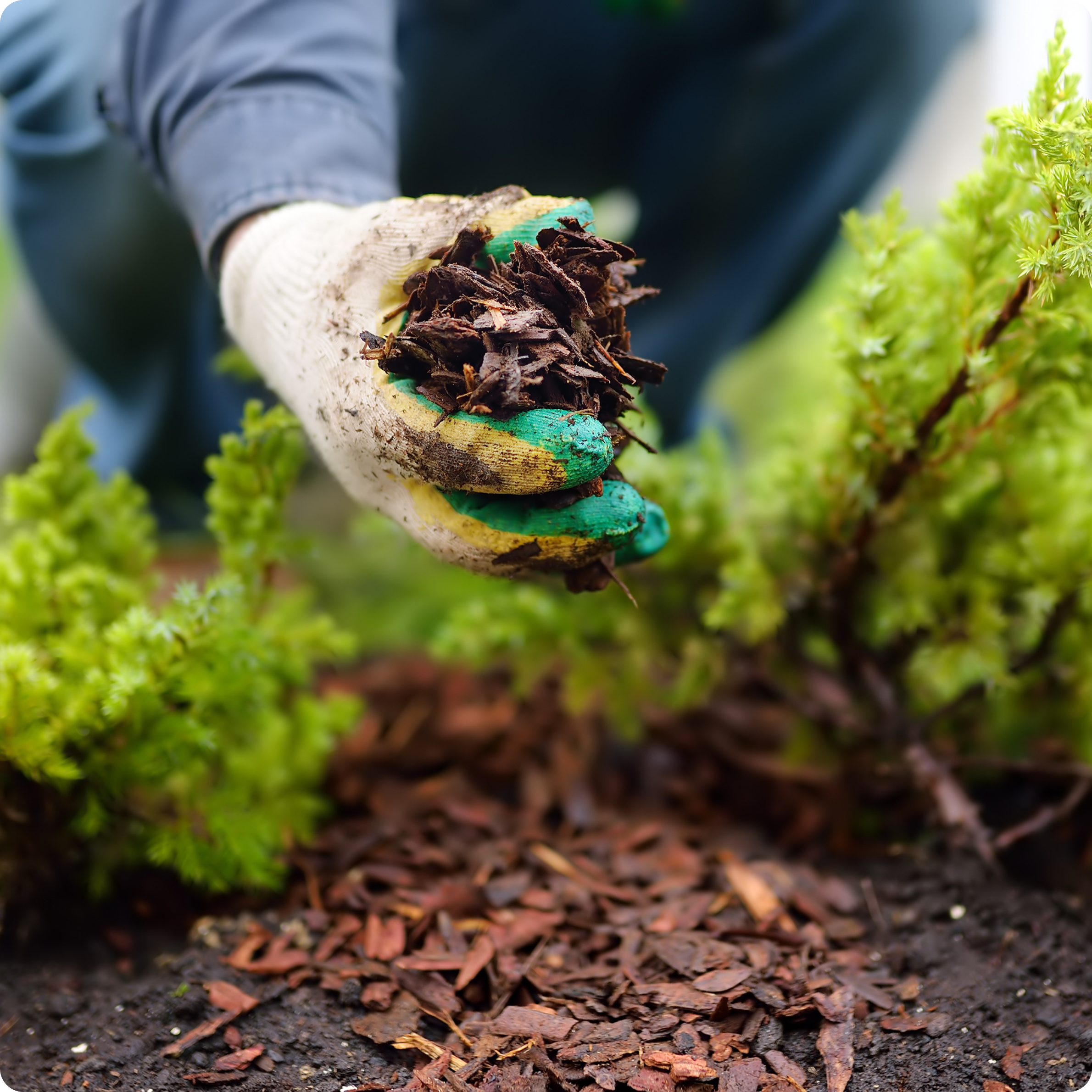 |
Monitor Soil Moisture
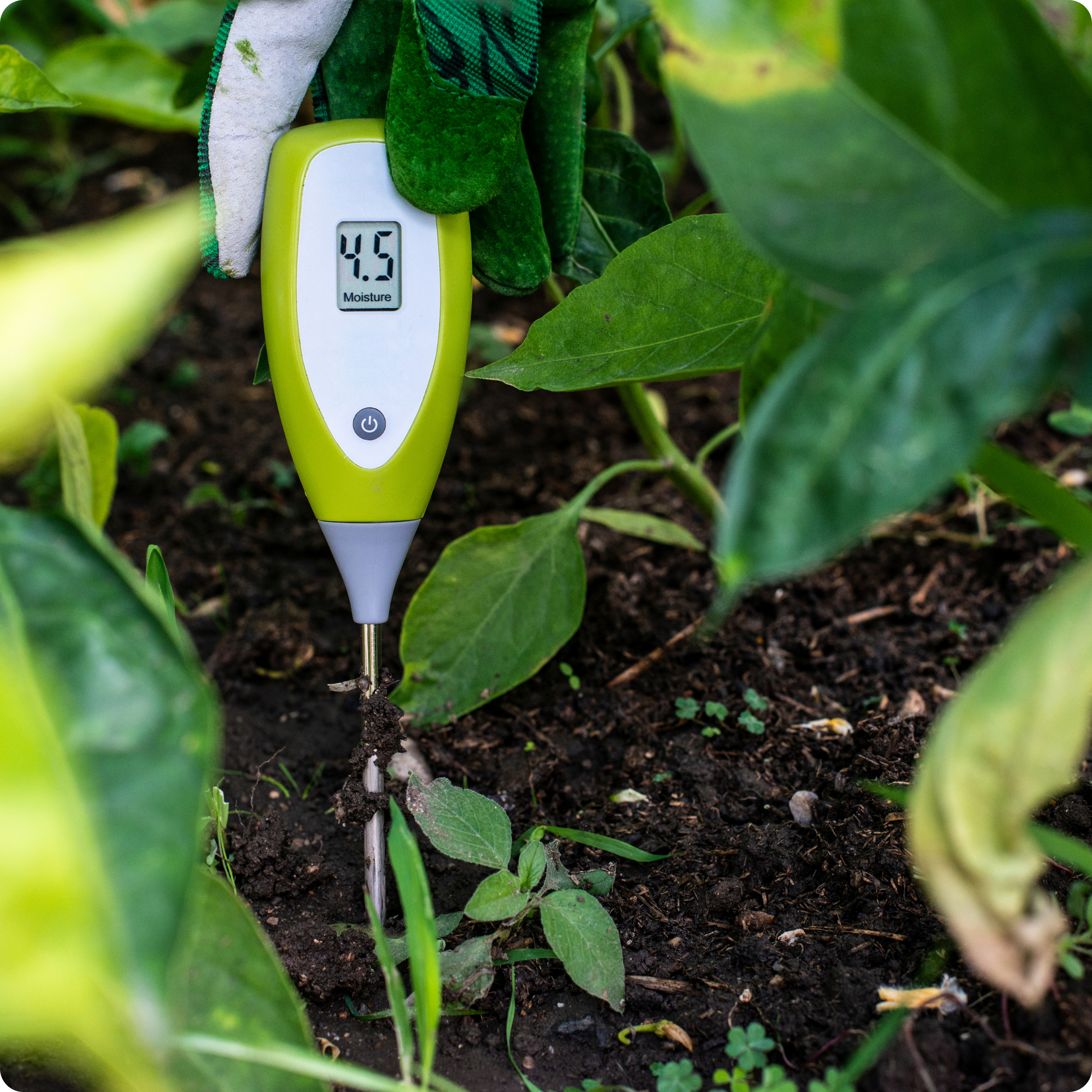 | To determine when to water deeply, check the moisture level in the soil by sticking your finger into the soil. If the soil feels dry 3-4 inches below the surface, it’s time to water.
|
Deep watering is a powerful technique that encourages deep root growth, making plants more resilient, efficient, and sustainable. This method not only helps conserve water but also promotes healthier and stronger plants, ultimately saving you time, money, and effort in maintaining your landscape. Whether you’re tending to your lawn, trees, or garden, adopting deep watering practices will pay off in the long run, both for your plants and the environment.